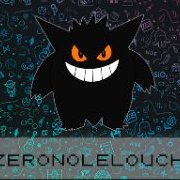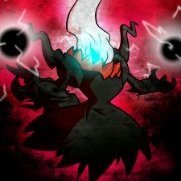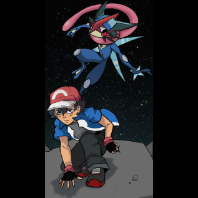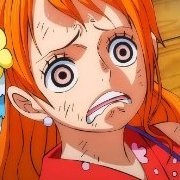Leaderboard
Popular Content
Showing content with the highest reputation on 11/21/22 in all areas
-
6 points
-
2 points
-
I have finally decided to make this guide after I've continuously seen newbies asking questions on: What are these orange numbers? And the blue numbers? So, how does this count? What does this amount to? Is my pokemon good? Hello, can you rate my pokemon? Is my ability good? Why is this ability not working? Is Hardy nature good? Why is this Brave Gengar so bad? And these questions are literally impossible to answer in a blue Help chat where we can only write about four or five lines at a time, when another newbie will ask another question, and another one, and another one, and so on. Most answers ingame are either short or just get an answer like "herp derp your pokemon does not have 31 ivs in everything thus it's trash even though it's a godly that would sell for a few millions" or really misinformed comments and arguments in All chat that only demotivate users instead of giving legitimate advice. How do we know if a pokemon is good? How do we rate it? Is everything below 20 IVs in everything bad or trash? Does everything really work for story or should we actually bother catching something decent that will not hinder our progress? How do we learn what is good and what is not? Who do we ask when we have doubts? In my opinion, it is better that you learn all these things yourself first, and then, ask people who you trust in, and not the first person you find anywhere. Theory Stats So, what are stats exactly? Stats are these white numbers you can find in your pokemon's description (or card, as you can say). These white numbers are total stats. These numbers are the sum of the EVs, IVs and the growth from the hidden Base Stats formula, which will make your pokemon's stats slowly increase as you level up. Otherwise, without any EV and with very low IV, your pokemon would stop growing after only around 10 to 20 levels. This mathematical formula does the job so you don't have to calculate or get a computer engineering degree to understand why do your pokemon not grow up as much as they should. If you just looked at any base stats and captured any low level pokemon (Caterpie, for example), you would ask: "Wait, why does my Caterpie only have 6 physical attack points at level 5? It has 30 base physical attack, it should start at 30 at level 1, right?" Well, no, son. If it worked like that, you could find a Deoxys Attack with 180 Attack, Special Attack and 150 speed at level 1. You could also find Shuckles with 230 in each Defense at level 1. Doesn't sound very fun to play against, right? Exactly, because it isn't. This formula scales with levels. Your stats start pathetically low and increase exponentially depending on your Base Stats. Shuckle, for example, will gain from 4 to 5 points in each defense stat per level up. You'll see this reflected in the white numbers (Total Stats). This growth will also slowly be affected by your Nature, EV and IV. However, we'll deal with that later :). Not all pokemon grow as fast as others. Higher Base Stats means they will grow faster. If a Pokemon has a really high Base Stat in one stat, that stat will naturally increase absurdly fast (Special Attack on Gengar, Speed on Ninjask, for example). So, how do we know the Base Stats of a pokemon, Bhimoso? If it's invisible, how can we check it? Well, there are people dedicated to datamining the original games and obtaining the number of each stat, or doing a rough calculation of their Base Stats based on their stat growth per level, IV, EV and Nature. Thus, the only thing you have to do to know the Base Stat of any pokemon is checking an online database. For example, we can use pokemondb, bulbapedia, wikidex, smogon... there's a lot of them. However, we will use Bulbapedia, because it also gives us the minimum and maximum stat ranges a pokemon can reach (we'll also deal with that later but, to summarise, it depends on natures, evs, ivs...). We can also use the Pokemon Showdown Calculator to know how many IVS, EVS and what Nature we need for a certain pokemon to reach the specific numbers in a stat we would like it to reach. Let's look at our little friend Bronzong, as an example (it's just an excuse to flex mine, but also for educative purposes). His Base Stats are: 67 in HP, 89 in Attack, 79 in Special Attack, 33 in Speed and 116 in both Defense and Special Defense. These stats are normally hidden unless you check an online database. This means Bronzong can reach 364 points in his Defense stat if he invests 252 EVs in Defense, he is lucky and has 31 IVs in Defense, and he has an Impish/Relaxed/Bold/Lax nature. He has the same Base Stat in both defensive stats: 116. Thus. the same would happen if we had the same conditions in Special Defense. However, not many pokemon happen to have mirrored stats (same Base Stat in two different areas, it is really rare). His Base Stat in HP is way lower: It's a pretty terrible 67. It's not the end of the world, but the poor dude could benefit from some more HP. Since there is no HP beneficial nature or powercreeping one, the only way to get a Max HP Bronzong is to capture one with 31 ivs in HP and invest 252 HP EVs in it. As you can see, since his Base Stat in Speed is very low, his Speed will grow extremely slowly through leveling. Even if we gave him 252 EV and tried to maximise his Speed, he would still be pathetically slow. Thus, there's no point in giving him more Speed, as he is an immortal tank that can set up Light Screens and can benefit from the move Gyro Ball more, which powers him up the slower he becomes. His HP is also a bit depressing, but since his defensive stats are so high, we can still somewhat fix that. In this picture, you can see the Total Stats, IVs, EVs that my Bronzong has. At level 100, he has 334 hp (out of the 338 max he can have, as he is missing 4 IV in HP), 206 Attack, 322 Physical Defense, 102 Speed, 169 Special Attack, 300 Special Defense. His Physical Attack (or Attack) IV is 23, his Defense IV is 31, his Speed IV is 31, his Spatk IV is 25, his Spdef (or Special Defense) IV is 24 and his HP IV is 27. Aside from that, he also has 102 EV in Def, 156 EV in Spdef and 252 EV in HP. As you can see, you cannot see the Base Stats of a Pokemon. But, how do we know he will reach that threshold 100% of the time? Can we see how a pokemon grows over time? Yes, we can! We will see this later in the guide Natures What are Natures? A Nature is a common trait in a Pokémon that in the original games played along some side minigames in Pokémon Emerald and other versions where, depending on their Nature, they would participate in contests and win or lose depending on what they were. For example, the Docile nature used to never want to fight and would almost always lose. However, this is not implemented in PRO (and I hope it never will, because that minigame was an RNG fiesta). The main function of Natures is to boost one stat by 10% and to decrease another stat by 10%. There are 25 natures in total: 5 natures are neutral (because they raise and decrease the same stat. Thus, they have no real use. They give no benefits nor decrease anything, and we don't want to have pokemon without good beneficial natures). No nature increases or decreases HP, so HP only depends on IVs and EVs. (Thank god, because that would be adding a few more natures into this). We can check the table from bulbapedia or learn them alternatively: Attack increasing natures: Adamant, Lonely, Naughty, Brave. Defense increasing natures: Impish, Bold, Lax, Relaxed. Spatk increasing natures: Modest, Mild, Rash, Quiet. Spdef increasing natures: Careful, Sassy, Gentle, Calm. Speed increasing natures: Jolly, Hasty, Naive, Timid. We also have to learn which natures decrease each stat. Attack decreasing natures: Bold, Modest, Calm, Timid. Defense decreasing natures: Lonely, Mild, Gentle, Hasty. Spatk decreasing natures: Adamant, Impish, Careful, Jolly. Spdef decreasing natures: Naughty, Lax, Rash, Naive. Speed decreasing natures: Brave, Relaxed, Quiet, Sassy. In PRO, you will see the natures highlighted like this. The Impish nature benefits Defense and decreases Special Attack. The stat which will be increased is highlighted in green, and the one being decreased is highlighted in orange. (Some people say this is red or brown, but I have eyesight issues and I cannot actually tell which colour this is). If the nature is a neutral one (Serious, Hardy, Quirky, Docile, Bashful), all stats will appear white. You will also be able to see the Nature in the Nature section of your pokemon information (Wow, who wondered?). How do we know the best nature for our pokemon? We should study their Base Stats, Movesets, and what are they good at. Are they really good fast sweepers who don't care about defenses and just want to wipe out anything in their path? Then we'll choose an offensive nature. (Modest, Rash, Mild, Timid, Hasty, Naive Gastly). Are they really good tanks who don't care about physical damage, or they just want to stall you until the end of your existence? (Bold, Calm, Sassy, Relaxed, Careful, Impish Chansey). There's a lot of natures and choices to have and you are the one who makes the decisions. You can run mixed damage sets with natures that decrease Spdef or Def and increase Atk or Spatk, there's physical attackers, stallers, wallbreakers... Study the base stats and movesets that the pokemon you want to train has, and then decide. You're the one who has to make the choices. If you want others' opinions on each pokemon's nature, ask for it! Abilities What is an Ability? An Ability is an inherent power all pokemon have. All pokemon have an ability. Some of them only have one (Gastly with Levitate), others only have two (Bulbasaur with Overgrow and Chlorophyll) and sometimes they have three (Bronzong with Heatproof, Levitate and Heavy Metal). All pokemon come with an ability when captured. If a pokemon only has one ability, it will always have that one. There's no going around it. If a pokemon has two abilities, it will have these two, and if a pokemon has three, then three. Some abilities are more useful than others. As you can see, Bronzong has three abilities. The ability Levitate, for example, makes a pokemon immune to Ground Type attacks. Lightningrod does the same to Electric moves, but also increases your Spatk by one stage after being hit by one. Flash Fire does the same but for Fire Types. Volt Absorb and Water Absorb make a pokemon immune to Electric, Motor Drive does the same... you see the point. Some abilities are insanely good because they help out a lot of pokemon to defend against their weakness. Some abilities make them immune to certain status (Limber, Immunity, Own Tempo, Insomnia). However, there are also some abilities that are completely useless. Truant is an ability that makes you only be able to attack once every two turns (you attack, you do nothing, you attack, you do nothing, you attack, you do nothing), Illuminate literally does NOTHING in battle, and so on. There are really broken abilities like Sturdy or Mold Breaker, and there are stupid abilities that you wonder how they even exist. So, how are we going to hunt for the right ability for our pokemon? Well, we need to study which of the abilities can our pokemon have, and which one helps it better. For example, Guts in Rattata is way better than Run Away, Levitate is way better in Bronzong than Heatproof, Lightningrod is way better than Static in Pikachu. Search and look at what each ability in your pokemon can do and choose which one you want to use. EVs EVs or Effort Values are the blue numbers in any pokemon you see. These values can be modified, increased, reset, reduced, fixed, changed... they're amazing. They work as a modifier for all of your pokemon in order to improve them as much as you want. You gain EVs for defeating wild pokemon, trainer pokemon, using proteins or vitamins in your pokemons. Every 4 EV in one stat, your stat will get increased by 1 at level 100. You can have a max of 510 EV between all stats of your pokemon. In a single stat, the maximum amount of EV you can allocate is 252. Thus, at level 100, if you allocate 252 EV in that stat, it will increase by 63. (252 divided by 4). You can decide how to change these whenever you want. You can modify them as you wish by using EV Reducing berries. These can be found in any route, in Viridian Maze and in the Safari EV Zone. These are: Pomeg Berry, which will reduce your HP EV by 10. Qualot Berry, which will reduce your Defense EV by 10. Kelpsy Berry, which will reduce your Atk EV by 10. Grepa Berry, which will reduce your Spdef EV by 10. Hondew Berry, which will reduce your Spatk EV by 10. Tamato Berry, which will reduce your Speed EV by 10. Example of berries in my bag. As you can see, my Bronzong has 102 EV invested into Defense, 156 into Special Defense and 252 into HP. Divide each one by 4 and you'll be able to find out how much it adds up at level 100. All wild Pokemon, once defeated, will grant you 1, 2 or 3 EV in one stat. Some grant 1 EV in 1 stat and another one in another. There are really weird combinations. They always give an EV of their highest overall Base Stat. For example, Snorlax gives HP EVs, while Gengar gives Spatk EVs. Evolved forms usually give more EVs than unevolved forms. As I said, these 2 give 3 HP EVs and 3 Spatk EVs, respectively. If you hold a Macho Brace, the EVs you gain will be doubled. If the EV in one stat is 99 or below, you can use a vitamin to increase that stat's EVs by 10. However, if you try to use a vitamin once that stat's EV are atleast 100, or the Pokemon already has the maximum amount of EVs (510), you will not be able to. They can be purchased in department stores. These vitamins are: HP UP, which will increase your HP EV by 10. Protein, which will increase your Atk EV by 10. Iron, which will increase your Def EV by 10. Zinc, which will increase your Spdef EV by 10. Calcium, which will increase your Spatk EV by 10. Carbos, which will increase your Speed EV by 10. Example of vitamins in my bag. IVs IVs or Individual Values are these orange numbers you see on a pokemon when you capture them. These points, once the pokemon is captured, CANNOT BE CHANGED IN ANY WAY. These are NOT like EVs. Once you capture the pokemon, the IVs will remain there FOREVER. FOREVER! They can ONLY be changed in Legendary Pokemon through the use of Reroll Tickets. These can be obtained through the Solaceon or the Pewter Museum quests. Once you catch the pokemon, start praying for the love of god that it has good IVs. IVs range from 1 to 31. 1 to 5 is qualified as horrendous, 5 to 10 really bad, 10 to 15 is bad, 15 to 20 is acceptable in some circumstances, 20 to 25 is epic to super good, 25 to 28 is godly and 28 to 31 is legendary. It's how I personally qualify them, but it's a basic way to understand the ranges of what we can call good IVs. Example of an incredibly good IV Bronzong. Example of an error in the Matrix where my luck completely ran out and I found the worst IVs ever. IVs will slowly add up to your stats upon level-ups and upon reaching 100, they will apply fully. What I mean by this is: once your pokemon hits 100, if they had 30 IV in attack, their attack will have increased by 30, being added up as you went along leveling it up. At level 5, it's obvious that you wouldn't get suddenly 30 in attack. It will increase as you level up. For example, if you have 31 IV in HP, you would gain an extra point every 3-4 levels, until you reached 100 and all the 31 points were all applied to the stat. Clearer Example: Pokemon A has 15 HP at level 2. At 5, he might have 20 (Base Stats formula + any EVs + 1 IV out of these 31). This repeats while he grows: at 8, he might have 25 or 26, and the same thing happens. If you still don't understand this, I will leave an example on two pictures: Shuckle with only 1 IV at level 100. His HP would otherwise be 150 without any EV investment. Shuckle with 31 IV at level 100. As you can see, the extra 30 points in HP IVs made it go from 151 to 181: Exactly 30. These 30 will slowly add up as you level up. Stat Growths After having read all the wall of text before, let's do some experimentation! We will do this with Pikachu. This is a great example as Pikachu is the most famous Pokémon and he is a great example. We will do some tests with him. We will be using the following calculator to know his stats at any level we want. https://calc.pokemonshowdown.com/ We will assume your Pikachu is complete garbage. Your Pikachu has a neutral nature (thus, does not increase or decrease any stat). His IV are 1 in everything (the lowest possible in PRO), he has no EV training and he is at level 5. You can already notice how much faster his Speed increases in comparison to his other stats. Now, let's assume you go around leveling it up. You fight random pokemon in the wild and you level up to level 20 and get some random EV in random stats. Well, our little Pikachu is now growing! This is pretty nice. He's still a bit garbage, but atleast he is somewhat usable. Let's check him at levels 50, 75 and 100! Wow, he's getting better! His stats are still a bit terrible, though. Here, his stats actually start looking decent. That's not bad! One final push for level 100! We finally have him at 100, nice! Though... his stats are a bit disappointing. His EVs are all spread around making no sense, he has no benefitial nature, he doesn't even hold an item, his IVs are pathetic. This pokemon is basically worthless aside from helping you out to defeat the Elite Four or to rush Story. You wouldn't really be able to sell this for even 20k in any Pokémon Market. You can notice how Base Stats are making certain stats grow faster over time. Even though his Spatk has more EV invested into it than his Speed EV, he has the same IV in both stats, and his Speed is WAY better than his Special Attack. Man, this is disappointing. We want a better Pikachu! We will now grab a Rash Synch and go to Viridian Forest until we catch another good one. And we find an almost Godly one! Compare this one with the one we caught. This one has 25 IV in everything, it holds a Light Ball, its ability is amazing and it has a really good nature. The one that was garbage had 18 HP, 10 Attack, 9 Defense, 10 Spatk, 10 Spdef and 14 Speed. This one has 19 HP, 11 Attack, 10 Defense, 12 Spatk, 9 Spdef and 15 Speed. The nature helps it a bit: it has a bit less Special Defense but more Special Attack. At just level 5, we already have a noticeable difference. Now, we will carefully EV train it and level it to 25, 50, 75 and 100. We will give it 252 EV in Spatk, 252 EV in Speed and 4 in ATK. Let's see how it grows! See the monstruosity that has now our Pikachu become: With the right nature, correct EV spread, nice IVS, ability and leveling. our Pikachu has 205 HP (4 more than the garbage one), 141 Attack (5 less than the garbage one), 110 Defense (10 more than the garbage one), 212 Spatk (way more than the 148 of the garbage one), 117 Spdef (just 5 less than the garbage one) and 273 Speed (way more than the garbage one too). We can use this calculator to literally check what any pokemon will have at any level, with any items, test out EV, IV and nature combinations to know if we reach the Speed we need, what nature we can use, what will our stats look like at 100 in the future when we have fully trained our Pokemon and how we need to train it to reach that point. We should use this to plan ahead what we will train and how we will train in order to make our Pokemon absurdly overpowered. Stat Stages Now that you’ve read this, you should take a look at how stat increases and drops work. Each stat drop or increase in Attack, Defense, Special Defense, Special Attack, Speed is a 50%. If your stat is lowered or increased, it’s by one stage. If it says sharply, it’s by two stages (whether down or up) or three stages. Growl would lower our Attack by one stage (50%), but then we could Swords Dance, which would increase our Attack by two stages. Our Attack would go first to 0% (neutral) and to 50%, since it would’ve gone from -50% to 50% increase. Still confused? Well. let’s explain it better. You start at 0 stage drops or increases. Moves or abilities such as Intimidate can lower or increase your stats in battle (Defiant, Intimidate, Lightninrod, Speed Boost, Weak Armor, etc). The limits are 6 stage drops or 6 stage increases. Thus, you can have your stats lowered or increased up to 6 stages. For example, if I growl an opponent 6 times, his Attack will be decreased by 300%. However, if he uses Swords Dance once, his Attack will go back to having been decreased only 4 stages (-200% Attack, or -4, as we can say it). If he uses it once more, he’ll be at -2 stages, and if he uses it again, he’ll be back at 0 stage drops. It’s quite easy to understand if you just count up and down. They don’t work on real percentages: Stage Drops (and %) are not very real. If your stat is increased by a stage, each stage is a multiplier or a divider by .5. So you can understand it properly: +6 stages = x4 to the stat that has been increased by that amount of stages. +5 stages = x3.5 to the stat that has been increased by that amount of stages. +4 stages = x3 to the stat that has been increased by that amount of stages. +3 stages = x2.5 to the stat that has been increased by that amount of stages. +2 stages = x2 to the stat that has been increased by that amount of stages. +1 stages = x1.5 to the stat that has been increased by that amount of stages. 0 stages = No changes. This is where you start from. -1 stages = /1.5 to the stat that has been decreased by that amount of stages. -2 stages = /2 to the stat that has been decreased by that amount of stages. -3 stages = /2.5 to the stat that has been decreased by that amount of stages. -4 stages = /3 to the stat that has been decreased by that amount of stages. -5 stages = /3.5 to the stat that has been decreased by that amount of stages. -6 stages = /4 to the stat that has been decreased by that amount of stages. Imagine Golem has 100 Speed. He uses Rock Polish once. He goes to 2 Stages, and his Speed goes to 200. (x2 multiplier). Now the enemy uses Mud Shot and drops your Speed by one stage. He goes at 150 Speed (x1.5 multiplier, you went from 2 stages to 1 stage). Now he Rock Polishes again and he jumps to 3 stages (x2.5 multiplier). His Speed is now 250. See? % don’t apply properly. If it was a %, a 100% increase would’ve meant that his Speed would’ve gone from 150 to 300. It works by Stages, so it goes to 250 instead. % only work based on the TOTAL STAT you see in the numbers in your pokemon’s description. The multiplier will always work on that stat, and it will not work as a %. If it worked on percentages, the 100% increase (or x2 in our real world) would’ve made 150 go to 300, instead of 250. Otherwise, we could exploit this to infinitely increase our stats in battle. Now comes the stupid part. Stages DON’T HAVE THE SAME EXACT MULTIPLIERS WHEN IT COMES TO Evasion and Precision. I put it in caps SO YOU READ IT BETTER. Probably because Evasion and Precision are pure RNG based mechanics and they’d be WAY too broken with classic stat changes (we would abuse Fissure lol). Stages in these two stats work like this: +6 stages = x3 to the stat that has been increased by that amount of stages. +5 stages = x2.6 to the stat that has been increased by that amount of stages. +4 stages = x2.3 to the stat that has been increased by that amount of stages. +3 stages = x2 to the stat that has been increased by that amount of stages. +2 stages = x1.6 to the stat that has been increased by that amount of stages. +1 stages = x1.3 to the stat that has been increased by that amount of stages. 0 stages = No changes. This is where you start from. -1 stages = x0.75 to the stat that has been decreased by that amount of stages. -2 stages = x0.6 to the stat that has been decreased by that amount of stages. -3 stages = x0.5 to the stat that has been decreased by that amount of stages. -4 stages = x0.42 to the stat that has been decreased by that amount of stages. -5 stages = x0.375 to the stat that has been decreased by that amount of stages. -6 stages = x0.33 to the stat that has been decreased by that amount of stages. https://bulbapedia.bulbagarden.net/wiki/Statistic I suggest you give the entire thing a read. Obtaining the right Nature. So, how do we control the Nature we get when we capture any pokemon? Quick answer: we don't. We try our best against the RNG Gods. If we have no Synchronise pokemon, we will just battle or obtain wild pokemon. These pokemon will have a 4% chance of having any nature. (Since there are 25 natures, each one has a 4% chance of appearing in a pokemon in the wild). Thus, if you capture 25 of the same pokemon without a Synchronise pokemon, it's possible that 20 or more of these don't share a common nature. I heavily suggest you get Synchs as earliest as possible and you synch everything you can for story to progress much easier. If you don't have Synchs, try to only use good nature pokemon for story, or you'll suffer. A Natu with the Synchronise ability. How do we then obtain beneficial natures for us, then? Well, Synchs! What are Synchs, you may ask? Well, we are talking about Pokémon with the ability Synchronise. This ability is really rare: only a few pokemon have this nature. However, Natu is an incredibly common pokemon which may also posess this nature. Synchronise has two effects, one inside of battle and one outside of battle. The ability Synchronise will allow your pokemon to apply the same status condition you are afflicted by if your opponent uses a status move on you. Example: Natu goes in a battle. Duskull uses Will-o-wisp. Oh no, Natu is burned! Then, Synchronise activates and Duskull will also be burned. This is a neat ability! However, it has many issues, but it's actually just one. Synchronise inside of battle will have NO effect against an opponent who is immune to the same status you are inflicted by. For example, if a Fire Pokémon burns your Natu, the Fire Pokémon won't be burned. If a Poison or Steel Pokémon poisons your Natu, the Poison or Steel Pokémon will not be poisoned. If an Electric type paralyses your Natu, the Electric pokemon will not be paralysed. Synchronise cannot freeze or make the opponent fall asleep. Also, Synchronise will ONLY activate inside of battle in the same turn you're afflicted by a status condition. Thus, you can't paralyse your Natu on purpose in a wild battle, then flee, and then summon it to instantly paralyse the wild pokemon you want to catch. It doesn't work like that. However, we're interested in its out of battle effect: If a pokemon with the ability Synchronise is in the first slot of our party, 50% of all wild pokemon will have the same nature as this Pokemon. This also works if the pokemon is in the second slot of our party. However, if that's the case, the first pokemon must be fainted for this to work. For example: If Natu is in the first slot of your party, 50% of wild pokemon will share the same nature. If it's Modest, 50% of the wild pokemon will be Modest. However, if Natu is in the second slot, the ability will not work UNLESS the first pokemon is defeated. If it's fainted, it will work. If the pokemon is healthy, Synchronise WON'T WORK. Thus, if we want to hunt Gastly with a Timid nature, we will organise our team like this: Example of a synch. 1st Slot: Synchronise Pokemon 2nd Slot: Thunder Wave / Stun Spore / Spore / Whatever you want to use 3rd Slot: False Swiper. (Optionally, fuse 2 and 3 into one by using Breloom with Spore). If we want to repel trick: (There are guides on forums on how to do this already) 1st Slot: Pokemon with the level we want to repel trick (Must be fainted) 2nd Slot: Synchronise Pokemon 3rd and 4th Slot: Same as above 2nd and 3rd slot. And that's it. Good luck hunting! Small note: You can change the nature of a Legendary Pokemon through the use of a ticket to any nature you wish. This is not available for normal Pokemon, however. How to hunt for Abilities So, how do we hunt the ability we want? Well, it can be either simple and perfectly easy (Gastly, for example, only has one ability. Thus, we don't need to worry. It will always have the same ability), a bit hard (one ability and one ha) and a nightmare (two abilities + ha). If a pokemon only has one ability, it will always have it (it can change when it evolves though, Gastly's Levitate becomes Cursed Body on Gengar.) However, if we're trying to hunt anything else, we will have to check if it's a normal ability or a hidden ability. If it's a normal ability, we have to check if the pokemon has two, or just one. Then, we factor in the chances. The normal chances of finding a Hidden Ability pokemon are just a measly 5% of the times you'll encounter the pokemon. Thus, if the pokemon has just one more normal ability, it will have a 95 % of having the normal ability and a 5% of having its hidden one. If it has two normal abilities and a hidden one, each normal ability will have a 47.5% chance, and the hidden one will still have a 5% chance of appearing. You can check the abilities of each pokemon in the pokedex. The normal abilities will be found in the first two slots in a blue font, while their hidden ability is found on an orange font. Example of a pokemon with a single ability. (100% chance) Example of a pokemon with a normal ability and a hidden ability. (95% and 5% chance respectively, with BMS 75% and 25%). Example of a pokemon with two normal abilities and a hidden ability (47.5% for both of the normal ones, 5% for the hidden one, 32.5% for the normal ones and 25% for the hidden one with BMS). Then, how do we increase our chances? Well, we can purchase a Black Medallion (or BMS) from the Coin Shop for just 40 Coins so that for the next 72 hours we use the item, we will have a 25% chance of finding a hidden ability on any wild pokemon we find. However, this is bad if we actually want to hunt the normal ability of a pokemon, since we will decrease the normal abilities' chance to get a higher chance of hunting a hidden ability. We can buy a Coin Capsule from other players to purchase a Black Medallion or we can also donate to the game to keep it going Abilities can also ONLY be changed in a legendary pokemon through the use of an Ability Capsule. How to train EVs Now that we know what EVs are, we now need to focus on training. We first will aim towards what we want to train. We have to consider: Are we training a Gastly? Or a Slowpoke? Do we want to train it offensively or deffensively? Are we trying to build a tank or an offensive steamrolling monster? Let's take an example. We want to train our cool Arcanine as a physical sweeper. We want it to be fast and strong offensively. Our idea is to invest 252 EVs into Attack and 252 EVs into Speed. We will leave the 4 other Evs into HP, as we need to fill something out for an extra point. We now will decide if we want to use any vitamins to increase the stat's EVs into 100. If we want, we will use Proteins and Carbos until they reach 100 EV in each stat. If not, we will learn to do it the Classic Way. We will first equip a Macho Brace. We will google what pokemon give Attack and Speed EVs. We see that Digletts and Dugtrios and Zubats in Diglett Cave give us Speed EVs. This is pretty nice, they normally faint in a single hit and, even though they're fast, we will also gain EVs upon defeating them. If we equip Macho Brace to double our EV gain in exchange for temporarily having our pokemon be slower, we will gain 2 Speed EVs per Diglett and Zubat and 4 Speed EVs per Dugtrio. Make the maths to count how many pokemon it will take us to get these stats to 252 EVs each. The Macho Brace can be obtained by talking to one of the people in front of Goldenrod Pokecenter and giving them a Drowzee for it. A Macho Brace. However, when we go and do the same in Tohjo Falls vs Goldeen and Seaking who give us Attack EVs, we think: man, this is so painful and slow. Can't we make this faster? We can! We will go to Fuchsia City and enter the Safari Zone. We will now talk to the Guard and ask him to pay to enter the EV Zone Training. While this may be a bit expensive, we will quickly notice the difference: All wild pokemon are level 10 pokemon which give 3 EVs each. If we equip a Macho Brace, we gain 6 EV per pokemon. Doing simple maths, we find out that we only need to defeat 42 of the same pokemon or the same EV pokemon to reach the maximum amount of EVs in a single stat. Fuchsia's Safari Zone Entrance. Option 3: EV Training Area EV Training Area 1 EV Training Area 2. We will level up our pokemon to around 40 or 50 so he can faint everything in one hit. We will use EV Berries to remove any unwanted EVs in our pokemon. (Those berries can be obtained in Viridian Maze and other places around the world. Also, they're also present to be picked up in the EV Zone Training Area in Safari). We will now enter the Safari EV Zone Training Area. In the first area we spawn, we can talk to the guard to teleport to the second area or we can purchase healing items in case we forgot and we want to stay training for a long time. We can also purchase a 24 hour pass to make the EV training incredibly cheap and be able to use it all day for an absurdly low price. The area to the south in the first area is the Attack zone. The pokemon in the Grass there only give Attack EVs. The pokemon in the northeastern area give Speed EVs. The pokemon in the northwestern one give Spdef EVs. You can read the signs and also pick up the berries next to them: they indicate which EVs each zone gives. Talk to the guard to teleport to the second area. The small grass above the small lake is the Defense EV training zone. The area to the southeast to it is the HP EV Zone. Finally, the area to the north of the HP EV zone is the Spatk one, the final one of the place. This is the best area in the entire game by far to try and grind up your pokemon. Getting bad IVs: what can we do? Can we fix them? Quick answer: you can't. If you got bad IVs, you have two choices: you cry and stop hunting, or you overcome it, throw the pokemon into a bin, and move on. Life is not fair, luck is not a controllable factor and you have to continue even if RNG kicks you in the face. I've had a 28+ IV pokemon in everything ruined because its most important stat was 01. It's just a roulette. You can get incredibly unlucky. So, how do we work around this? Well, we examine the pokemon and what it really needs. If we are looking for a pokemon for PVP, it must have the highest IVs it possibly can in all important areas, 99.9% of the time. For example, to PVP with a Gengar, we need it to have a +speed nature and 31 IV in Speed, and 252 speed EVs. Why? Well, because a Gengar with that combination will be the maximum and perfect speed for its speed tier (speed tier = a common speed that some pokemon in PVP might share. Imagine you're facing another Gengar in PVP. Your Gengar has 30 IV in speed, +speed nature, 252 ev in speed and at 100. The enemy Gengar has 31 IV in speed, +speed nature and 252 ev in speed. What will happen? You will ALWAYS lose that fight. Because he is just a single point faster. But a single point in speed can mean everything from losing or winning a PVP game. This is not as present or important as in the other attack stats (though it's still an important factor). Speed IV are the most important IV in the majority of pokemon. This factor is only ignored on extremely slow pokemon that, no matter what you do, they'll be slower than a turtle or my hair growth as I'm balding every single day more than the day before. Some pokemon actually want to be slower: Tanks that use the move Gyro Ball (which powers up the slower you are) want to be super slow to literally oneshot some stuff by surprise. (I mean, most of the time, you won't, but it hurts a LOT.) For PVP, my suggestion is that all important IV are either 20 or above. If you need speed and you run a Speed nature, it must be 31. ALWAYS. The only exception if you need to lower your Speed IV value to use a certain IV like HP Fire at 30 speed IVs. If you use an offensive nature (modest, adamant, etc), you should have the focused stat on atleast 25+ ivs. If you're on a tank, its defenses should all be 20+ together with HP. Then, come the exceptions. There are sweepers who don't care about defenses such as Gengar, Infernape or others, whose defenses are paper frail. Their only interest is to steamroll through you and hit before you do. These pokemon don't care about their bulk: they only need the maximum amount of Attack, Spatk and Speed IVs as much as they can. These have a bit of flexibility when it comes to defensive stats. There are pokemon like Ferrothorn or Steelix who want -speed natures and low speed IVs so as to deal more damage spamming Gyro Ball, whose damage increases the slower you are. For Bosses, my suggestion is that only the most important IVs are either 20 or above too. For example, you don't need to worry about Chansey having a decent Speed IV to outspeed other tanks in PVP as you're just fighting an NPC, or Clefable having a decent Speed tier against another pokemon for the same reason. If you run Tanks in bosses, just worry about having 20+ in each defense and HP, and a decent nature. And that's everything you need for them. For offensive pokemon, it might depend: If you use a Destiny Bond Gengar, you only need a high speed and a good nature. And that's it. You'll only want it to be fast and die in one hit so it is sacrificed and you can freely kill anything the boss might throw at you. It all depends on the pokemon. Check what function each pokemon does and decide if the Defense or the Attack IVs are necessary or not. Chansey does not need Atk, neither does Gengar. Very different pokemon can share similarities when it comes to needing certin IVs or not. For PVE content and story, try to have all important IVs above 15 or 20 with a decent/good/useable nature. The rest of the IVs can be worked around. It's always better to have them as high as possible, though. In my honest opinion: You should only EV train and focus on pokemon that have good natures, decent or good IVs, will be usable for E4, Bosses or sidequests or PVP after the 4th Kanto Badge. However, remember that Pokemon is supposed to play for fun, and you should be playing for fun. You don't have to use Meta Pokemon always, or only PvP viable pokemon and never use anything else. You must use what you love and you have fun with. Otherwise, you'll last two or three days playing this game. Focus on having fun. and enjoying the game. Not all pokemon are bad. That a Gastly is Timid with 20+ IV in everything doesn't make it bad, it's just not usable in PVP. Some pokemon are near perfection, but due to a single point, they can no longer sometimes be used in PVP. However, it doesn't make it become trash for no reason. The pokemon is still godly. You should still train these pokemons and try to sell them. Or maybe make an army of pokemon and have fun and play with whatever you love the most. If you're playing through Story, try to get decent natures in your pokemon. Try to capture good pokemon with good natures, abilities and IVs so that you can either EV train them later on or level them to 100 and use them for any purpose. Bad pokemon are also fun to use. Who would think that a bad pokemon like Furret would end up becoming a godly and essential part of most Boss Teams? Many bad pokemon will surprise you! I hope you have enjoyed this guide. This has taken me many days to write and release, but I hope this reaches to as many people as possible. I am now satisfied with this enough to publish it.1 point
-
1 point
-
1 point
-
1 point
-
1 point
-
1 point
-
1 point
-
1 point
-
1 point
-
1 point
-
1 point
-
1 point
-
1 point
-
1 point
-
1 point
-
Not bug, u cant release mon while on battle, rip shiny. Would be really sad if its dratini1 point
-
1 point
-
1 point
-
1 point
-
1 point
-
1 point
-
1 point
-
1 point
-
1 point
-
1 point
-
1 point
-
1 point
-
1 point
-
1 point
-
1 point
-
0 points
-
0 points
-
0 points
-
0 points
-
0 points
-
0 points
-
0 points
-
0 points
-
0 points
-
0 points
-
0 points
-
0 points
-
0 points
-
0 points
-
0 points
-
0 points
-
0 points
-
0 points



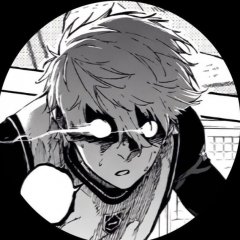

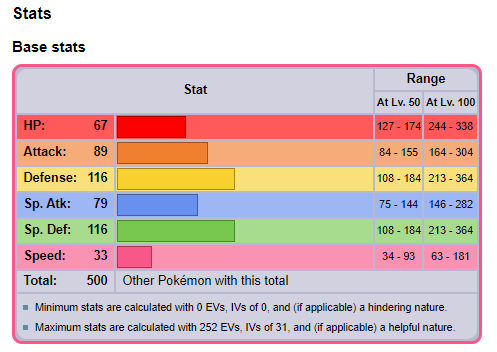
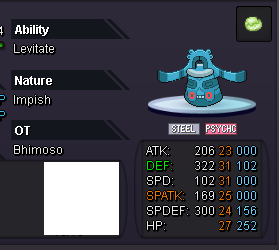
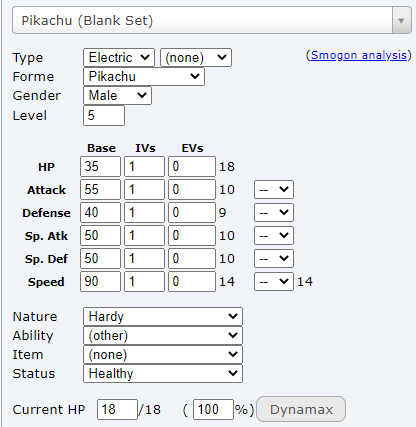
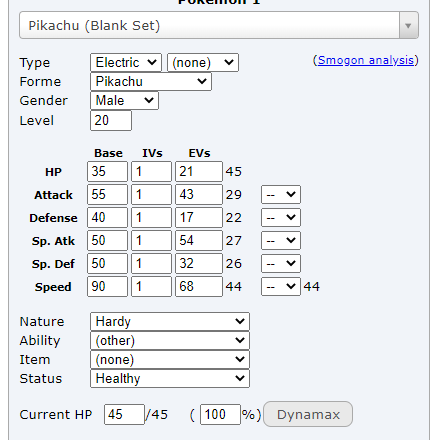
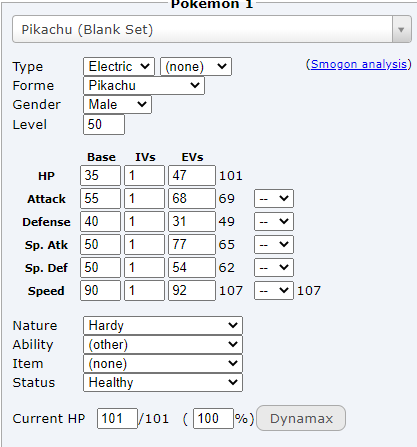
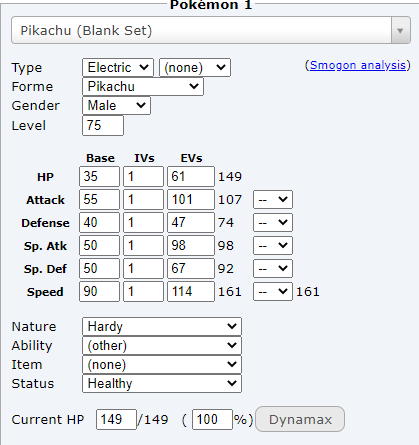
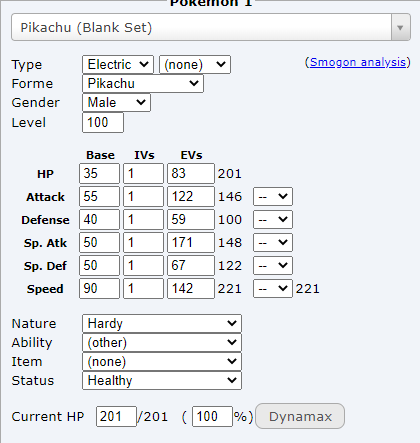
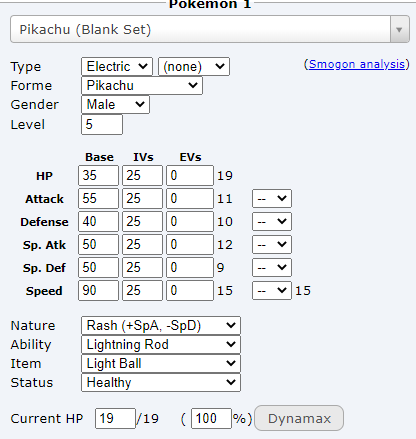
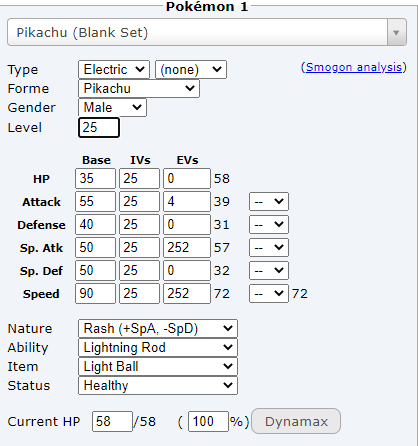
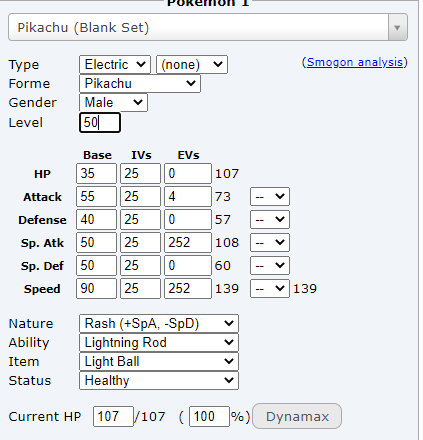
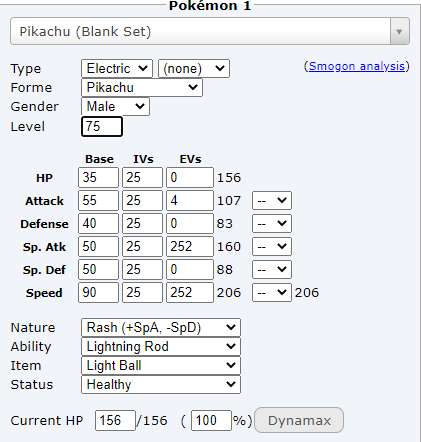
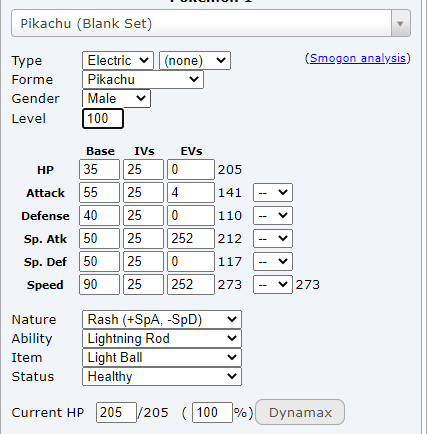
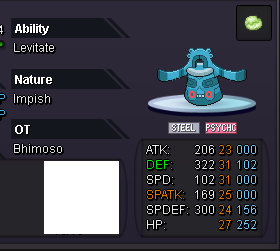
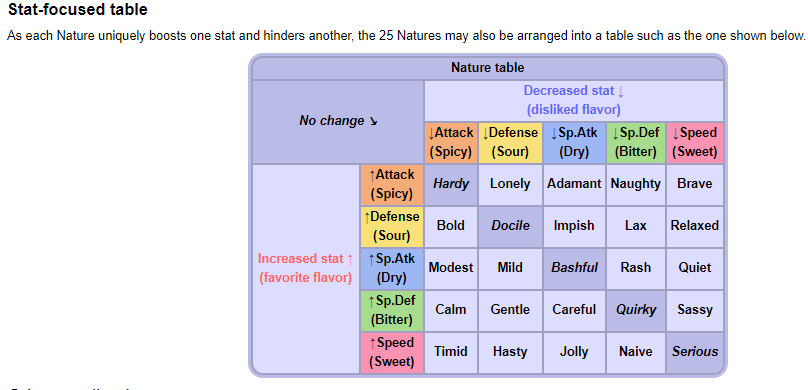
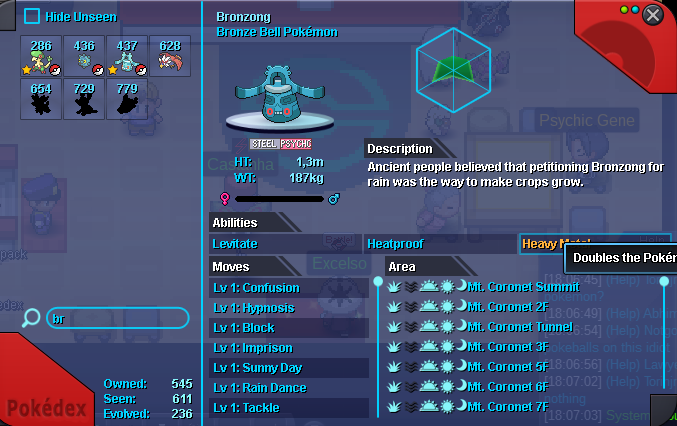
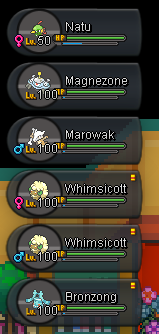
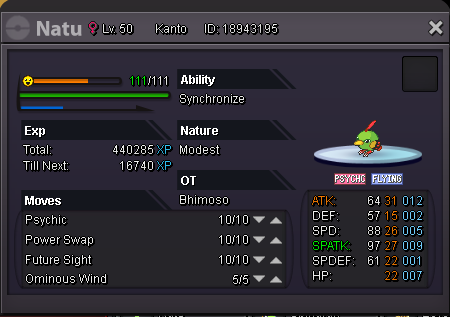
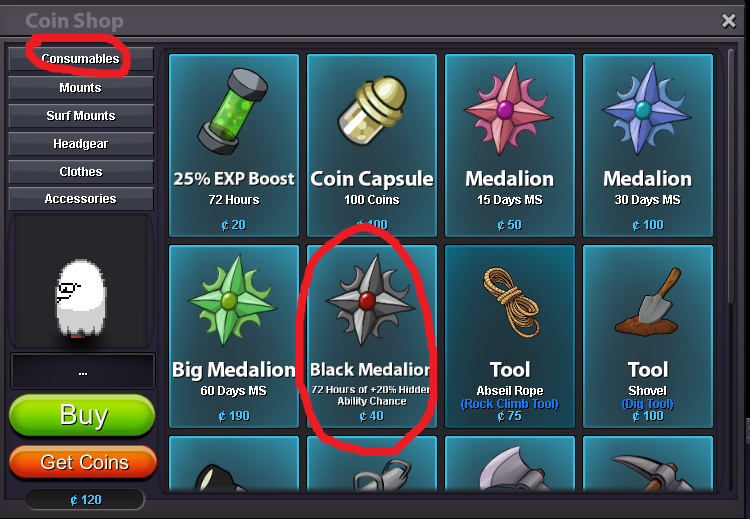
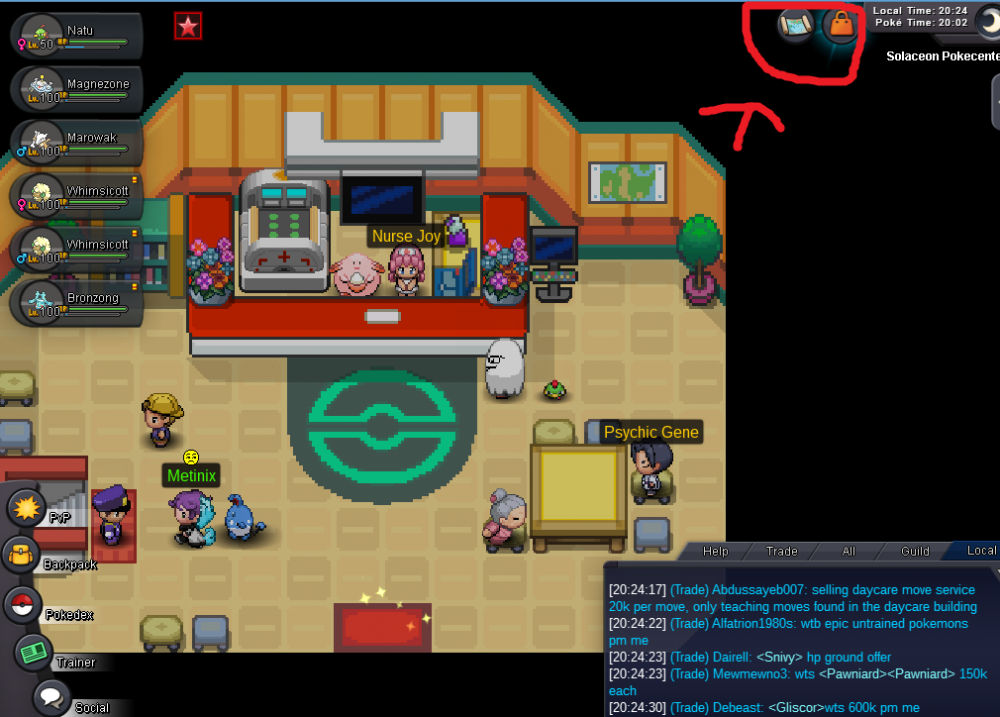
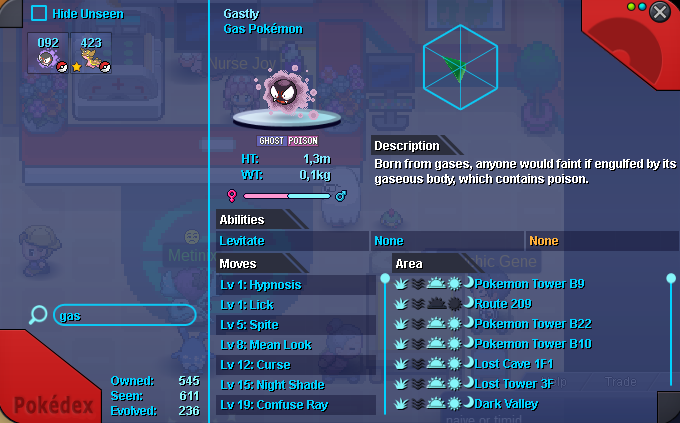
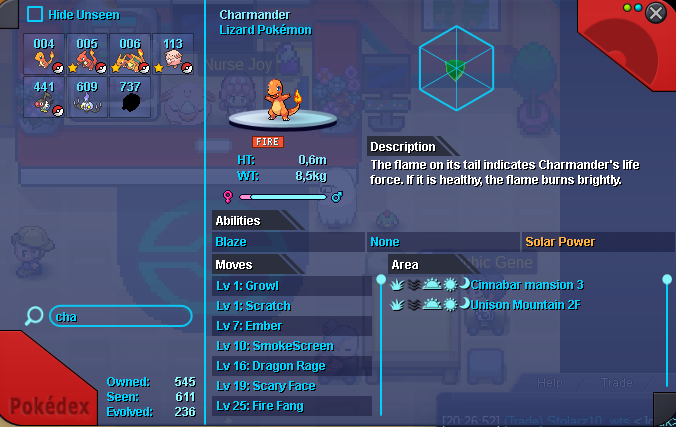
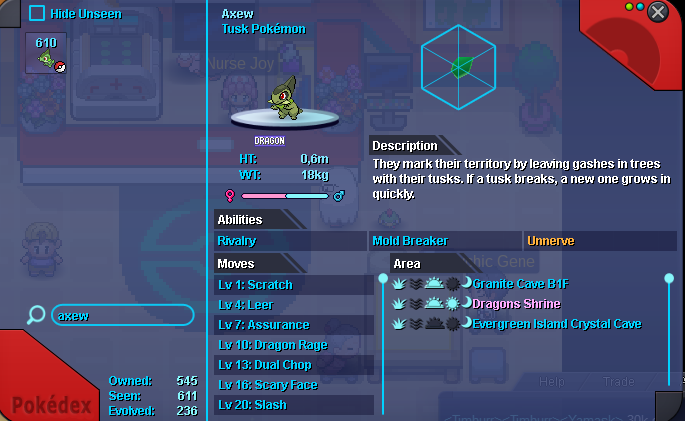
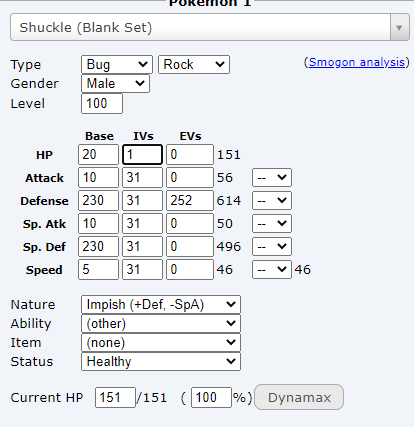
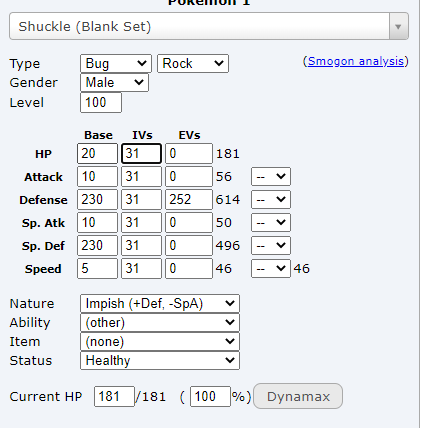
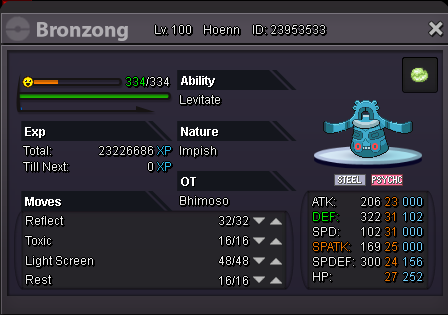
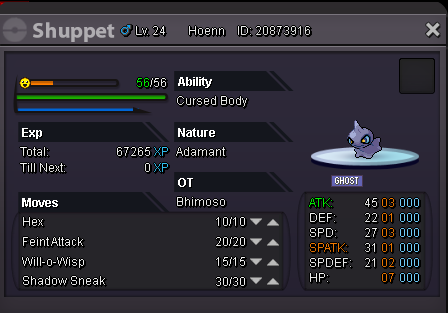

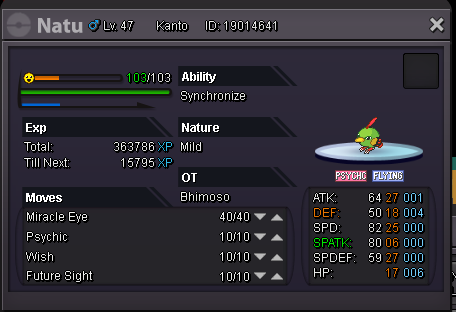

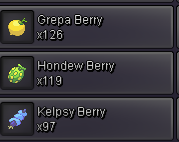

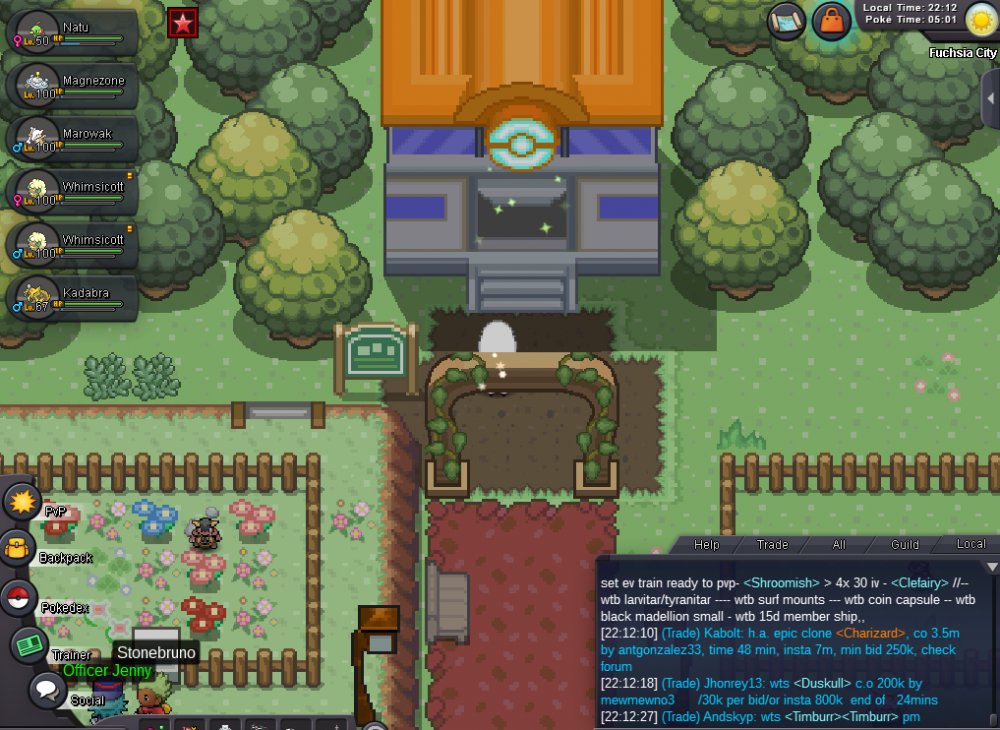
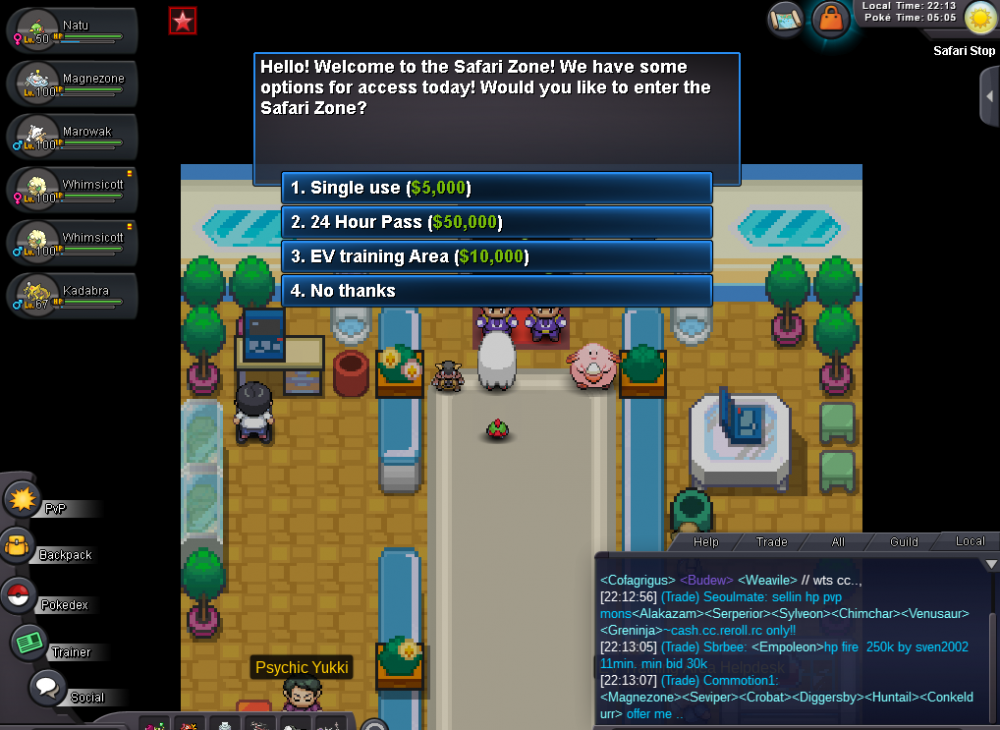

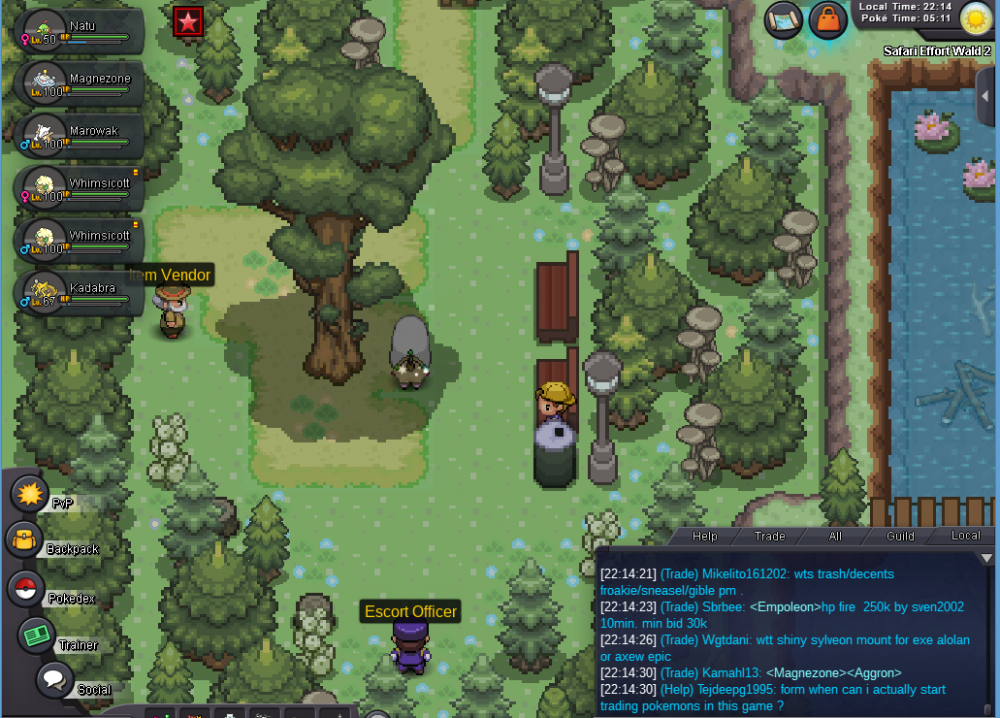


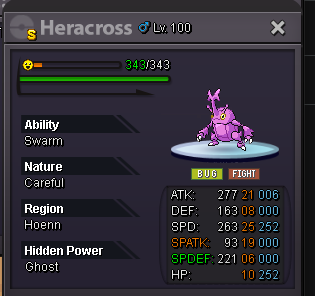
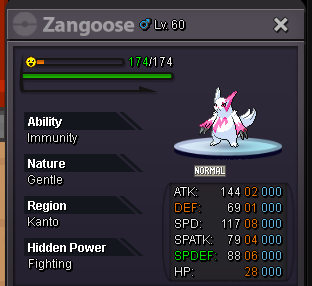
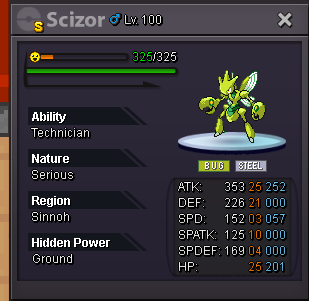

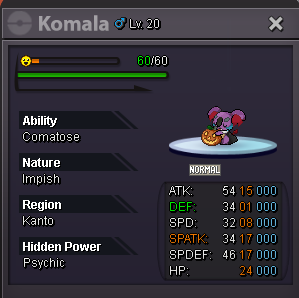

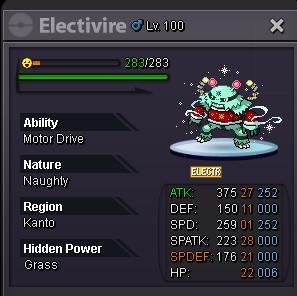
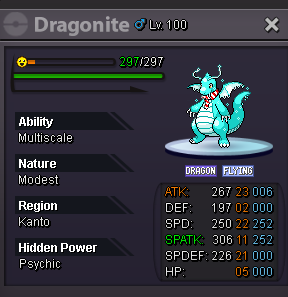
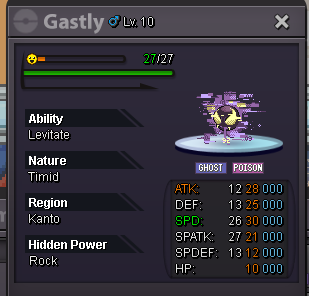
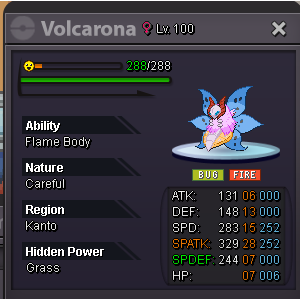

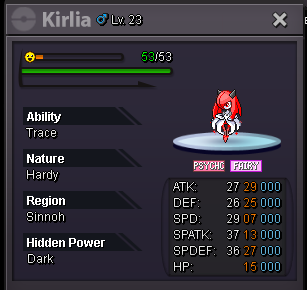

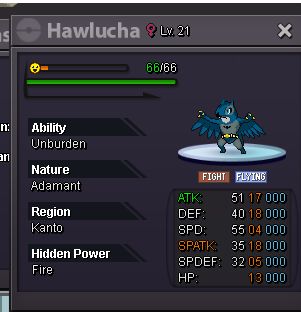
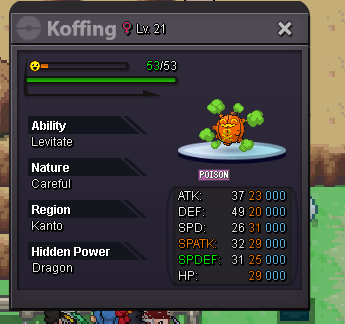
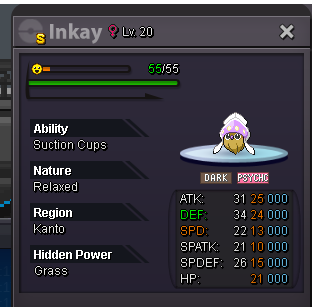
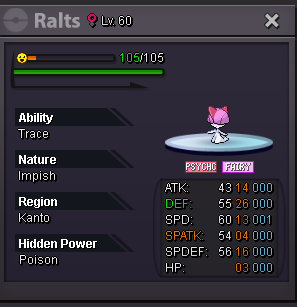
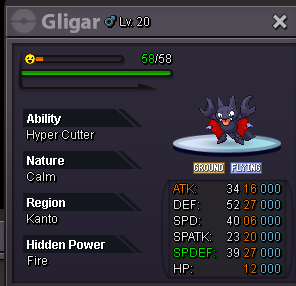
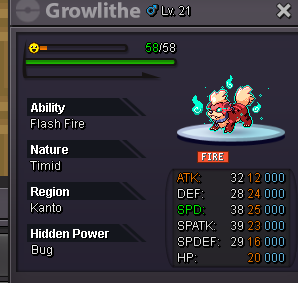





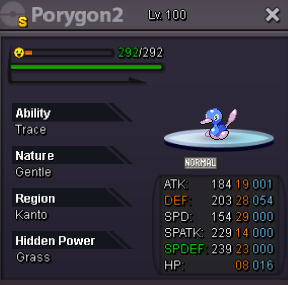
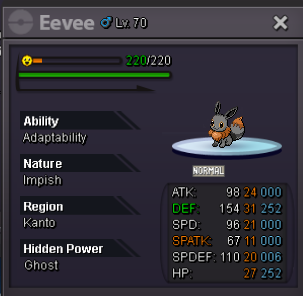
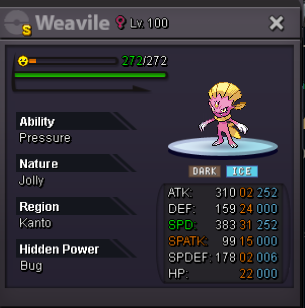

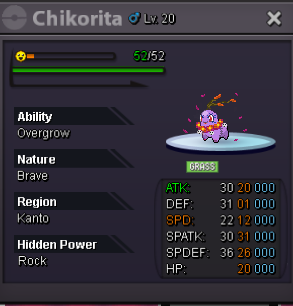

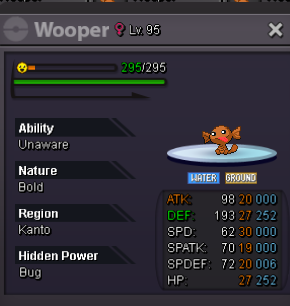
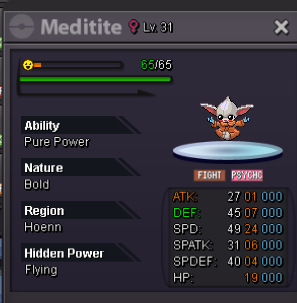
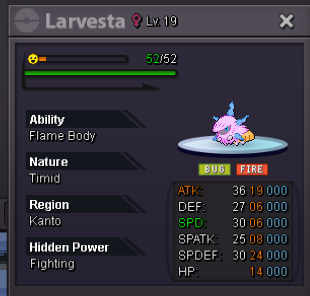
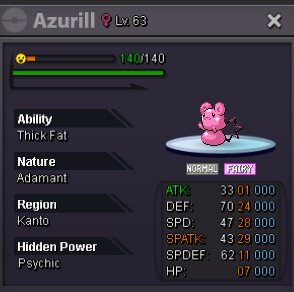
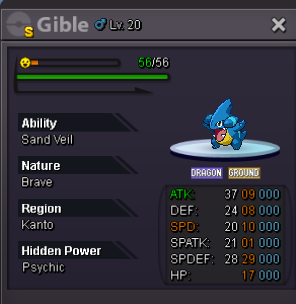
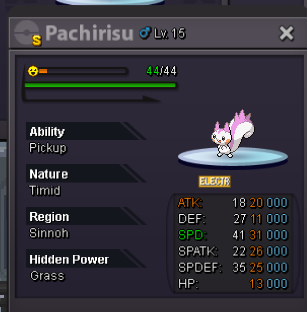

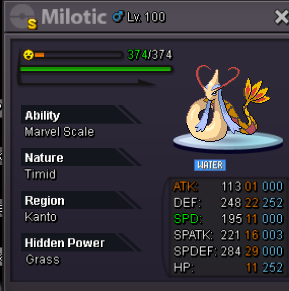
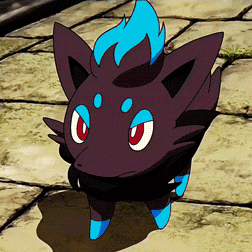
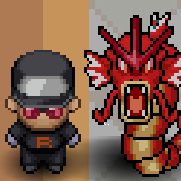
.thumb.jpg.cd60235bd22306ed39aadf92c53bf8ba.jpg)

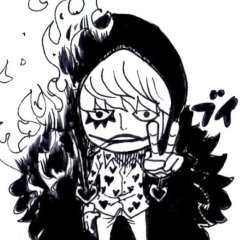

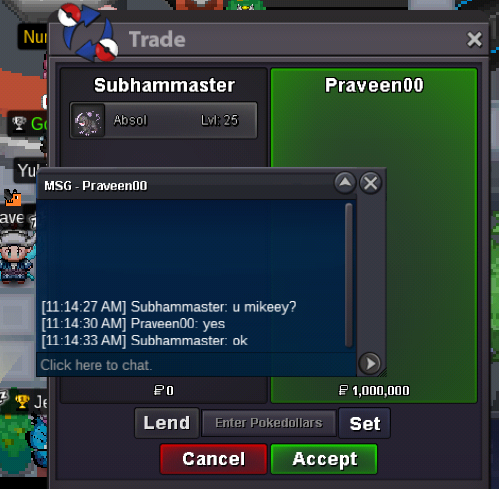
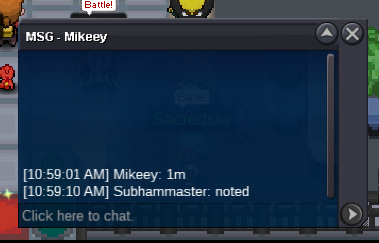
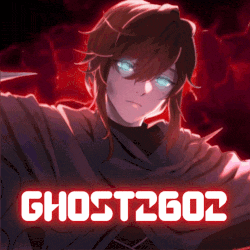


.png.ff0fe27f0346f491e3d2ec977f9dc963.png)
